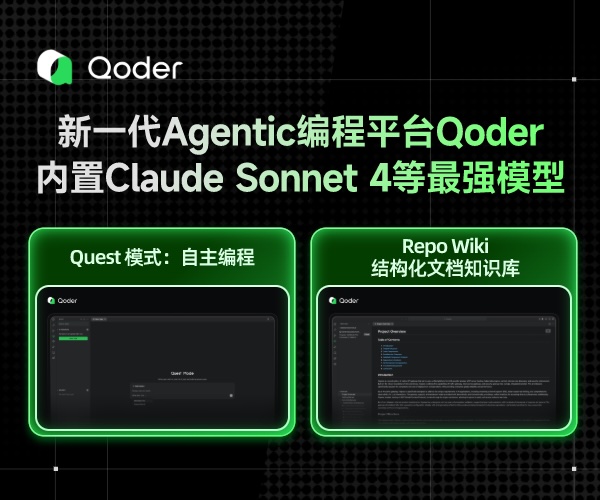[.NET] C#中SendMessage通过LPARAM传递Structure
这两天一直被一个问题烦着:SendMessage在C#始终不正常。因为SendMessage是标准的WinAPI,在C/C++中,Structure可以很方便通过取地址传递给SendMessage,比如Richedit中常用的EM_GETCHARFORMAT消息:
SendMessage ( hWnd, EM_GETCHARFORMAT, ( WPARAM)SCF_SELECTION, (LPARAM)&cfm );
在C#乃至CLR中,并没有对应的CHARFORMAT2,所以必须自己依照MSDN中CHARFORMAT2的C++定义:
[StructLayout(LayoutKind.Sequential, CharSet = CharSet.Auto)] private struct CHARFORMAT2 { public int cbSize; public uint dwMask; public uint dwEffects; public int yHeight; public int yOffset; public int crTextColor; public byte bCharSet; public byte bPitchAndFamily; [MarshalAs(UnmanagedType.ByValArray, SizeConst = 32)] public char[] szFaceName; public short wWeight; public short sSpacing; public int crBackColor; public int LCID; public uint dwReserved; public short sStyle; public short wKerning; public byte bUnderlineType; public byte bAnimation; public byte bRevAuthor; public byte bReserved1; }
LayoutKind和UnmanagedType.ByValArray是基本的Marshal常识,偶想强调的是CharSet这个Attribute,尽管CLR默认是CharSet.Auto,但部分语言会override这个属性,C#中就会默认改为CharSet.Ansi
,这也是磕绊偶两天的罪魁祸首。
Structure定义好了,DllImport就比较方便,同样,必须制定相同的CharSet 。因为Microsot在Windows NT开始已经在内核全部Unicode化,使用Ansi的CharSet会使得操作系统额外多出两部CharSet之间的转换,所以推荐Unicode或者Auto,Auto模式只在Windows 98和Windows ME中是Ansi。
对于SendMessage这个定义在USER32.DLL中的导出函数来说,可以定义很多不同的DllImport,常用的有如:
[DllImport("user32", CharSet = CharSet.Auto, SetLastError = true)] private static extern int SendMessage(HandleRef hWnd, int msg, int wParam, int lParam); [DllImport("user32", CharSet = CharSet.Auto)] private static extern int SendMessage(HandleRef hWnd, int msg, int wParam, ref CHARFORMAT2 lParam); [DllImport("user32", CharSet = CharSet.Auto, SetLastError = true)] private static extern IntPtr SendMessage(HandleRef hWnd, int msg, Int32 wParam, ref IntPtr lParam); [DllImport("USER32", EntryPoint = "SendMessage", ExactSpelling = true, CharSet = CharSet.Auto, SetLastError = true)] private static extern IntPtr SendMessage(IntPtr hWnd, int msg, IntPtr wp, IntPtr lp);
最简单的方法莫过于第二种定义,它直接在LPARAM参数中使用了CHARFORMAT2的ref。C#编译器会直接生成内部GCHandle以完成Unmanaged和Managed Heap之间的数据转换。对于别的Structure,可以定义其自己的DllImport,并为LPARAM使用自身的Structure。
对于其他三种定义,需要自己转换IntPtr了。其方法无外乎以下两种:
GCHandle gch = GCHandle.Alloc(fmt); IntPtr lParam = GCHandle.ToIntPtr(gch); SendMessage(new HandleRef(this, Handle), EM_GETCHARFORMAT, SCF_SELECTION, ref lParam); fmt = (CHARFORMAT2)Marshal.PtrToStructure(lParam, typeof(CHARFORMAT2)); gch.Free();
或:
IntPtr lparam = IntPtr.Zero; lparam = Marshal.AllocCoTaskMem(Marshal.SizeOf(fmtRange)); Marshal.StructureToPtr(fmtRange, lparam, false); SendMessage(Handle, EM_FORMATRANGE, wparam, lparam); Marshal.FreeCoTaskMem(lparam);
特别的,是对于输出为String的WinAPI,可以使用StringBuilder,而不需要制定ref或者out。如:
[DllImport("user32.dll", EntryPoint="SendMessage")] private static extern Int32 SendMessage (IntPtr hwnd, Int32 wMsg, Int32 wParam, StringBuilder lParam);
调用时:
const Int32 MAX_SIZE = 1024; StringBuilder buffer = new StringBuilder(MAX_SIZE); SendMessage(tb_Input.Handle, WM_GETTEXT, MAX_SIZE, buffer);
Issued by Alva Chien
2009.11.3




 浙公网安备 33010602011771号
浙公网安备 33010602011771号